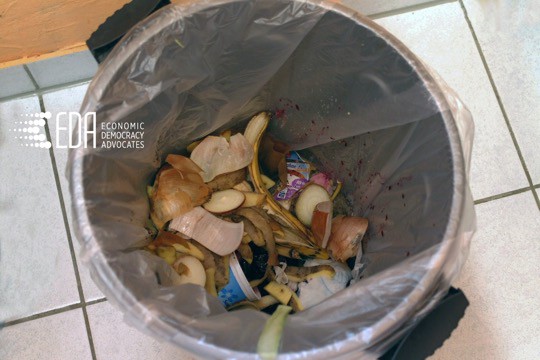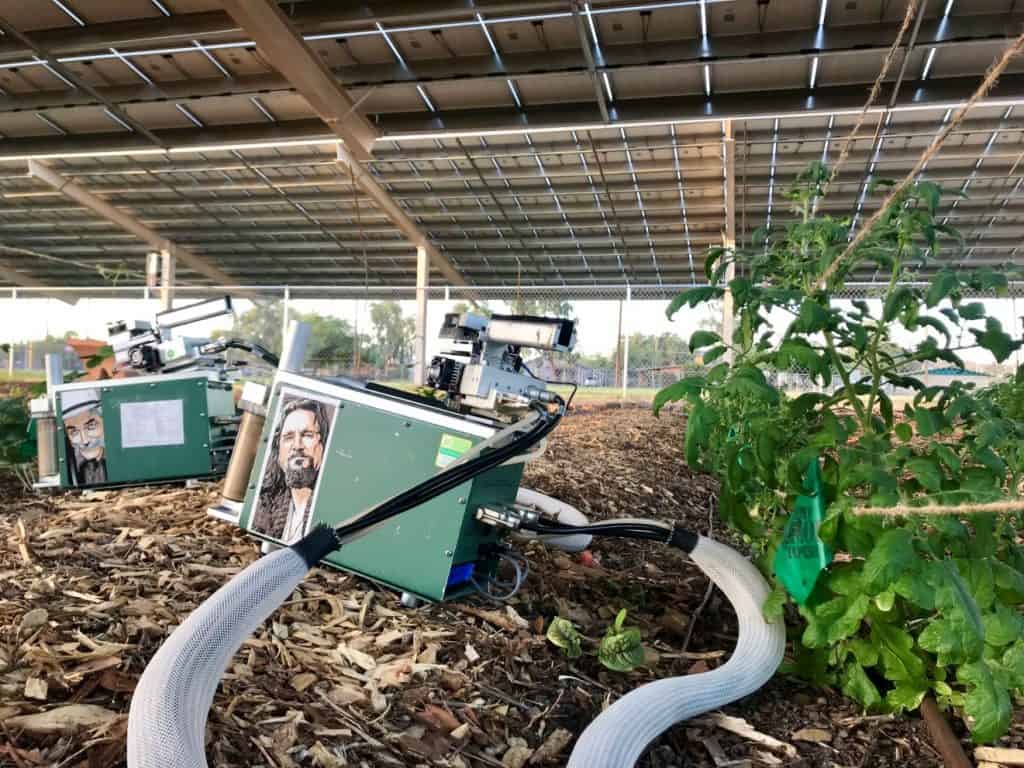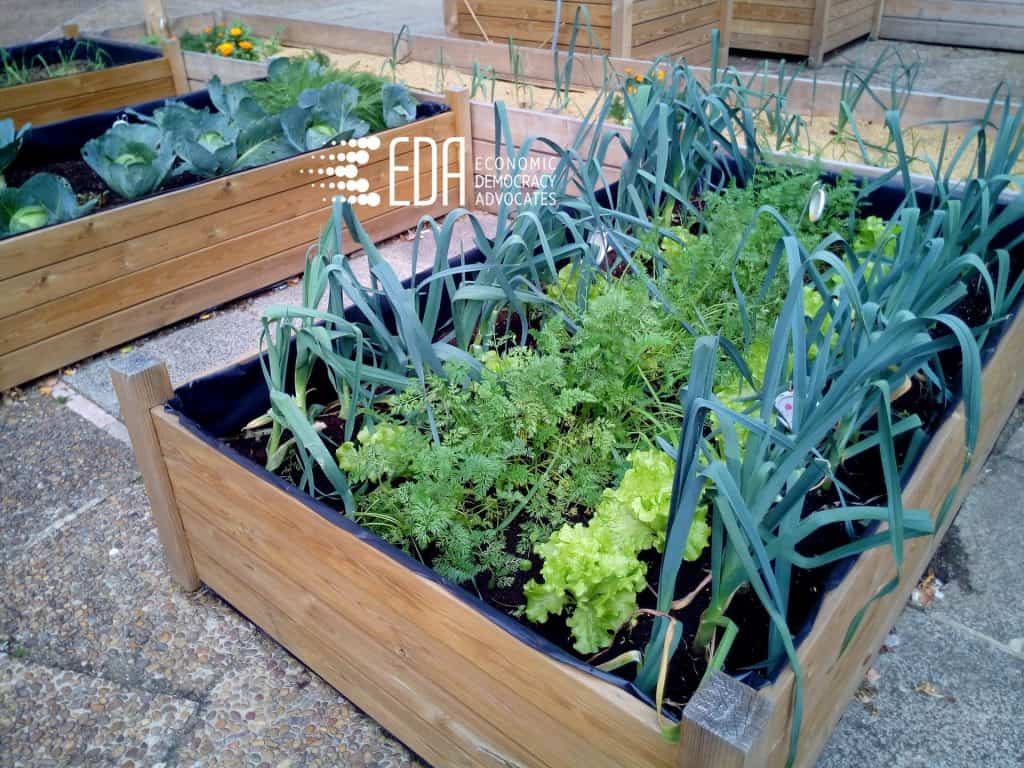While the documentary, Wasted! The Story of Food Waste has debuted in the Tribeca Film Festival, and has been released in theaters around the country, many haven’t heard of it, and most aren’t aware of the real impact that food waste has in the world. For example, when you throw a head of lettuce in the garbage, and it travels to landfills, amazingly, that head of lettuce will take 25 years to decompose. Throw that same head of lettuce in compost piles, and it turns into valuable fertilizer.
When food waste enters landfills, the decomposition process produces methane, a greenhouse gas that is thought to be more than 25 to 80 times worse than CO2 over the short term for global warming.
This film was supported by a Rockefeller Foundation commitment to cut world-wide food waste in half by 2030. It takes the viewer on a journey around the world with the purpose of changing the way we buy, cook and eat food. And it shares stories of innovative food waste reduction programs in place around the world.
In past blog posts we’ve shared articles about attempts to reduce food waste. This film offers other approaches to the subject of food waste that we think will give you a fresh look at this important topic. Managing food waste is essential for the sustainability of our planet.
The film is available at selected theaters nationwide, as well as from Amazon and iTunes. It is worth watching!

Food waste, one of the most pressing issues in food policy, has officially made it to the big screen in Anthony Bourdain’s new documentary, Wasted! In America, the waste paradox is staggering: 40 percent of our food goes uneaten, while one in eight Americans are hungry. Food waste is not a singular issue – it has incredibly far-reaching effects. In fact, food production is the single biggest cause of deforestation, water extraction and biodiversity loss. And instead of reaching the mouths of the hungry, we are sending large quantities of uneaten food to landfills, where this waste becomes one of the biggest greenhouse gas contributors. In a world with a changing climate, food waste demands our attention, and chef and author Anthony Bourdain is championing the cause.
“We have the power to demand change from the food industry, and unless we shout about it, they’ll never change.”
Wasted! brings together a cohort of top chefs and food waste advocates who have made a significant impact in the food waste sphere, both inside and outside of the kitchen. Spearheaded by Anthony Bourdain, author of Kitchen Confidential and host of CNN’s Parts Unknown, the documentary features chefs Dan Barber, Mario Batali, Massimo Bottura and Danny Bowien, along with food waste activist Tristram Stuart, and many others. These food waste leaders help to harness the societal spotlight on food and further direct our nation’s attention to the environmental impact of our waste habits, reimagining the future of food. We’ve seen some of this shift begin to happen within restaurants as “farm to table” rises in popularity, and more and more consumers want to know where their food comes from. However, Chef Dan Barber points out a dissonance, explaining, “We celebrate nose to tail for the animals we consume, but rarely ever for the farm.” It takes a tremendous amount of resources to grow the food we eat – moving forward, we as eaters need to be increasingly mindful of this, and in turn, advocate for shifts in our food system that prioritize wasting less food.

Though the food waste statistics are significant, addressing food waste doesn’t need to be depressing! From innovative beer made out of days-old bread, to inventive root-to-stem dishes, the film shows just how delicious solving our food waste issues can be – and how we as consumers can vote with our forks to push for change. Tristram Stuart emphasizes, “We have the power to demand change from the food industry, and unless we shout about it, they’ll never change.” On many levels, it is galvanizing to think of the agency that we collectively have, ranging from eaters to chefs to advocates, to move the needle on food waste issues. Be sure to check out Wasted! when it hits select theaters and digital platforms on October 13th to learn more about food waste and what you can do to be a more mindful consumer and informed advocate.
Learn More About Food Waste: (Click below to read these additional articles)
Article written by Kate Johns
Originally published by Gracelinks.org






